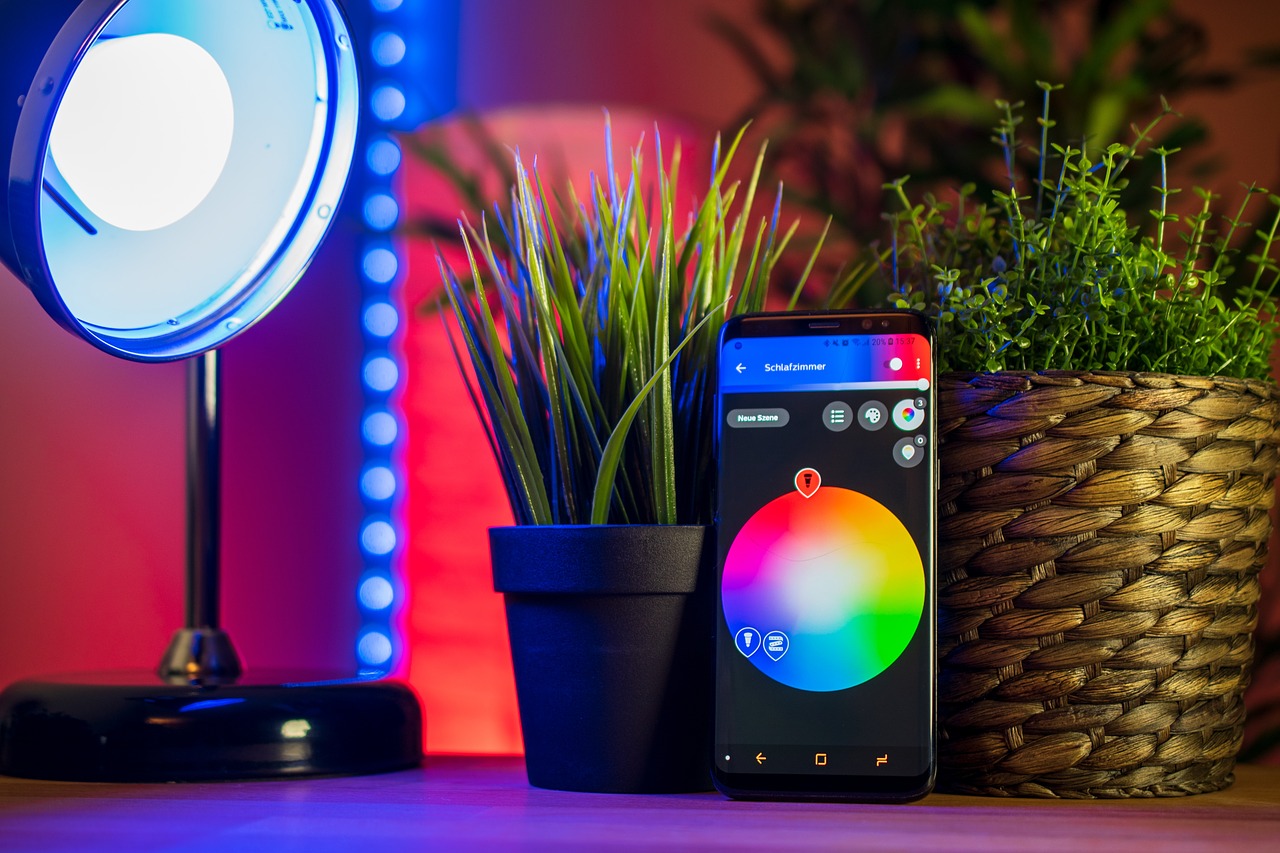Remember the Jetsons? Voice-controlled homes seemed like a futuristic fantasy. Today, smart speakers like Amazon’s Alexa, Apple’s Siri, and Google Home are commonplace, seamlessly integrating into our lives. But with convenience comes a lurking shadow: security concerns.
For years, security experts have highlighted the potential for voice assistants to be exploited through traditional hacking methods. Now, researchers at the University of Michigan and collaborating institutions in Japan have unveiled a surprising new vulnerability –– lasers.
Table of Contents
Shining a Light on a Hidden Threat
Imagine unlocking your smart door or making online purchases with a simple laser pointer. While it sounds like something from a spy movie, researchers have demonstrated the possibility of manipulating voice assistants using light.
Their findings, published in a recent study, reveal how a modulated laser beam aimed at a smart speaker’s microphone from over 100 feet away can trick the device into interpreting the light pulses as voice commands.
READ ALSO: AOMEI Partition Assistant Software Review – Benefits and Features
A Range of Malicious Possibilities
The researchers showcased the vulnerability in several scenarios. They could unlock the door remotely by directing a laser at a voice assistant connected to a garage door opener.
In another demonstration, they used a telephoto lens to focus the laser beam on a device over 350 feet away, effectively hijacking the assistant.
The potential consequences are concerning. Hackers armed with this technique could gain control of various smart home features, including:
- Smart Locks: Imagine your front door unlocking for an unauthorized person simply by aiming a laser from afar.
- Online Shopping Sprees: Malicious actors could use the voice assistant to make unauthorized purchases on your behalf.
- Light Control Hijacking: The ability to control lighting could disrupt routines or create security vulnerabilities in a home.
- Connected Car Control: In a worst-case scenario, a laser attack could unlock or even start a car linked to a vulnerable voice assistant.
Researchers: A Wake-Up Call for the Industry
Professor Kevin Fu, a researcher at the University of Michigan who was involved in the study, emphasized, “This opens up an entirely new class of vulnerabilities. It’s difficult to know how many products are affected because this is so basic.”
The research team spent seven months studying the light-based flaw before publishing their findings. They believe a complete redesign of microphones might be necessary to eliminate this vulnerability.
This isn’t the first time voice assistants like Alexa, Siri, and Google Home are susceptible to hacking. Previous research has identified vulnerabilities to hidden audio commands that are inaudible to the human ear.
The University of Michigan researchers see their findings not as a reason to panic but as a reminder of the importance of prioritizing security in our increasingly connected homes.
Security Measures: Staying Ahead of the Beam
While a complete solution awaits a hardware redesign, there are steps users can take to mitigate the risks:
- Mute Button Advantage: Utilize the microphone mute button on your smart speaker when not in use.
- Voice PIN Security: Activate voice PIN security for sensitive smart home functions like online shopping with Alexa.
- Network Security Awareness: Maintain strong security practices like changing default passwords and updating software.
READ ALSO: Top Mobile Design Trends To Know This Year
The Future of Voice Assistants: Balancing Convenience and Security
The ability to control our homes with our voices offers undeniable convenience with Alexa, Siri, and Google Home. However, the laser hacking revelation highlights the ongoing need for robust security measures in smart devices.
As voice assistants evolve, manufacturers and security researchers must work together to develop solutions that balance user-friendliness with robust protection against traditional and unconventional hacking methods.
By staying informed and implementing available security measures, users can help protect their smart homes from the shadows and ensure their voice assistants remain a helpful tool rather than a security Achilles’ heel.
Note: This was initially published in November 2019 but has been updated for freshness and accuracy.
RELATED POSTS
- Over 26 Million Stolen Credit Cards Rescued from Hackers by Vigilantes
- Ultimate Lists of Dangerous Apps
- Review of G DATA Total Security
- 4 Best Mobile Browsers for Android, iOS, and Windows
- Security Alert: The Most Common COVID-19 Online Frauds and Scams
- How AI Can Help To Enhance Mobile Apps
- SimpliSafe Review By Reddit Users
- Are You Ready for Smooth Skin this Summer? GentleMax Pro!
About the Author:
Chandra Palan is an Indian-born content writer, currently based in Australia with her husband and two kids. She is a passionate writer and has been writing for the past decade, covering topics ranging from technology, cybersecurity, data privacy and more. She currently works as a content writer for SecureBlitz.com, covering the latest cyber threats and trends. With her in-depth knowledge of the industry, she strives to deliver accurate and helpful advice to her readers.






